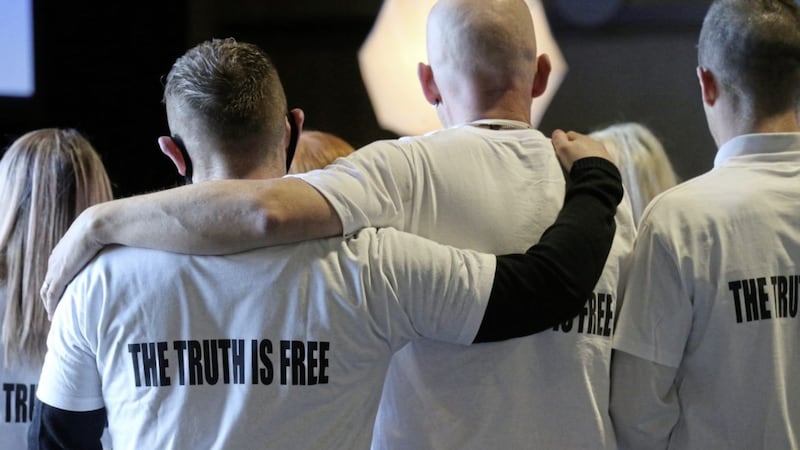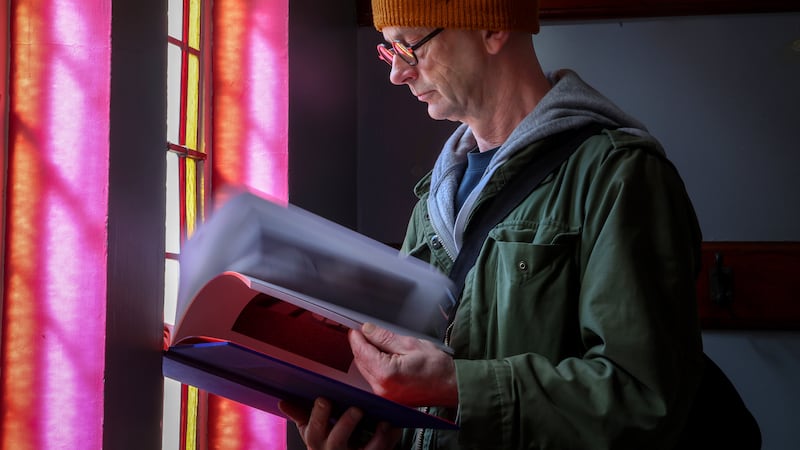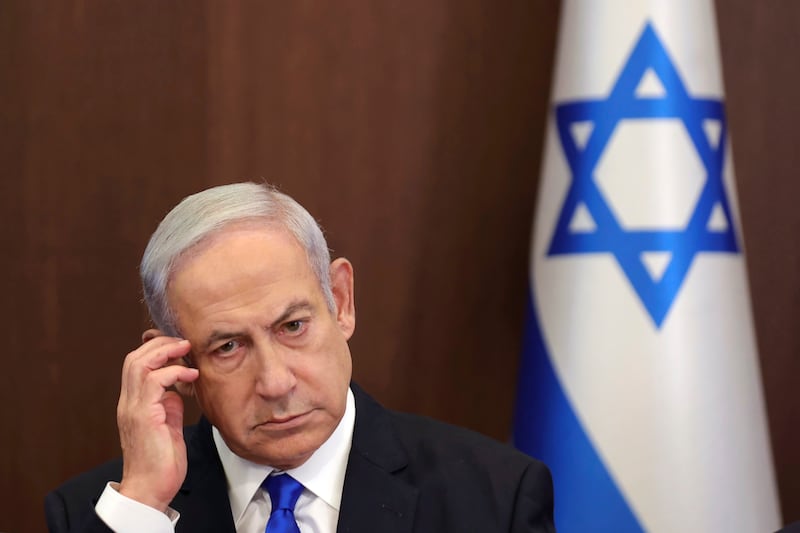BEFORE the innocent verdicts on the victims of the Ballymurphy massacre were even announced, the tweets started coming in to BBC Talkback from listeners objecting to the focus on that case ahead of any other deaths. It was the usual run of 'whataboutery', with people asking why there were no answers or prosecutions for a long list of other murders here during the Troubles.
There is no answer that could possibly satisfy anyone, particularly those who lost a close relative or loved one during the past 50 years. Either you believe that the agents of the state should be held to a higher standard than terrorist organisations, or you think it was a dirty war and everybody was at fault.
In the endless arguments over amnesties, letters of comfort for on-the-runs, prosecutions of security forces et al, only one thing is beyond dispute: people want to know what happened and they are entitled to know. It will rarely bring a prosecution, let alone a conviction, but finding out the details and having those put on the public record might go some way to acknowledging that a life was lost, and that loss was significant.
I was 14 when the Ballymurphy shootings happened across those three August days, and I had a hazy recollection of a priest, and a mother-of-eight being among those shot dead, and later vilified as terrorists. But it was not well reported at the time and kept being overtaken by new horrors as the death toll mounted every day.
But it doesn’t take much hindsight to understand how paratroopers allowed to run amok, shooting civilians and suffering no consequences, would go on to behave the same way in Derry, just a few months later, leaving 14 people dead.
Had there been a proper investigation of the Ballymurphy killings at the time, Bloody Sunday may never have happened. The IRA campaign of violence may never have taken off to the extent it did. We will never know the answers to the 'what ifs'.
But we can at least give space to the narratives of what went on during those terrible times, so that we never go back there.
The BBC will probably get more stick for its extensive coverage of what happened in Ballymurphy but the special news programme to mark the event and the quiet professionalism of Will Leitch’s reporting of each day of the inquest into those 10 deaths is what public service broadcasting is all about.
* * *
IT’S hard to imagine a worse way for unionism to celebrate the centenary of Northern Ireland than with the unceremonious ousting of the leaders of the DUP and Ulster Unionist Party.
In fairness, the UUP did it with more decorum. There were no poison pen letters sneaking their way through the ranks; Submarine Steve maybe had another listen to his car crash interview on the Stephen Nolan show and decided it was time to down periscope.
At the time of writing, Doug Beattie looks like the probable next leader and apart from his major blind spot in continuing opposition to an Irish Language Act, he’s a safe pair of hands who might even attract a few of the unionists who are drifting in some numbers towards Alliance. I don’t see either Edwin Poots or Jeffrey Donaldson achieving anything to arrest that flight if their recent statements are anything to go by.
And while unionism is tying itself in knots, it’s also got a bit messy in republican ranks. A Sinn Féin purge in Derry saw the brutal ousting of Martina Anderson, once the pin-up girl of republican activism, who represented the party as an MLA, and MEP and of course, served jail time as an IRA volunteer.
I’m not sure what the party’s HR procedures are, but a visit from Gerry Kelly probably didn’t leave much room for argument.
Like any good soldier, Martina called it a “body blow” but obeyed orders and said she would stand down. However, like all Derry families, her mammy and sisters were outraged and, in most un-SF style, they released an angry statement accusing the party of publicly humiliating her.
Her sister, Sharon Burke, wrote that Martina had given everything, “including her biological clock”, to the Irish republican struggle. And for extra sting, added: “The British could not do to our Martina what her comrades and friends have done.”
It seems to have gone down in Derry like the proverbial fart in a spacesuit, and Sinn Féin are likely to face major difficulties ahead in finding replacements for Anderson, and fellow MLA Karen Mullan.
Their electoral hopes could still be stalled in the city unless the two women’s party loyalty extends to their substitutes.








